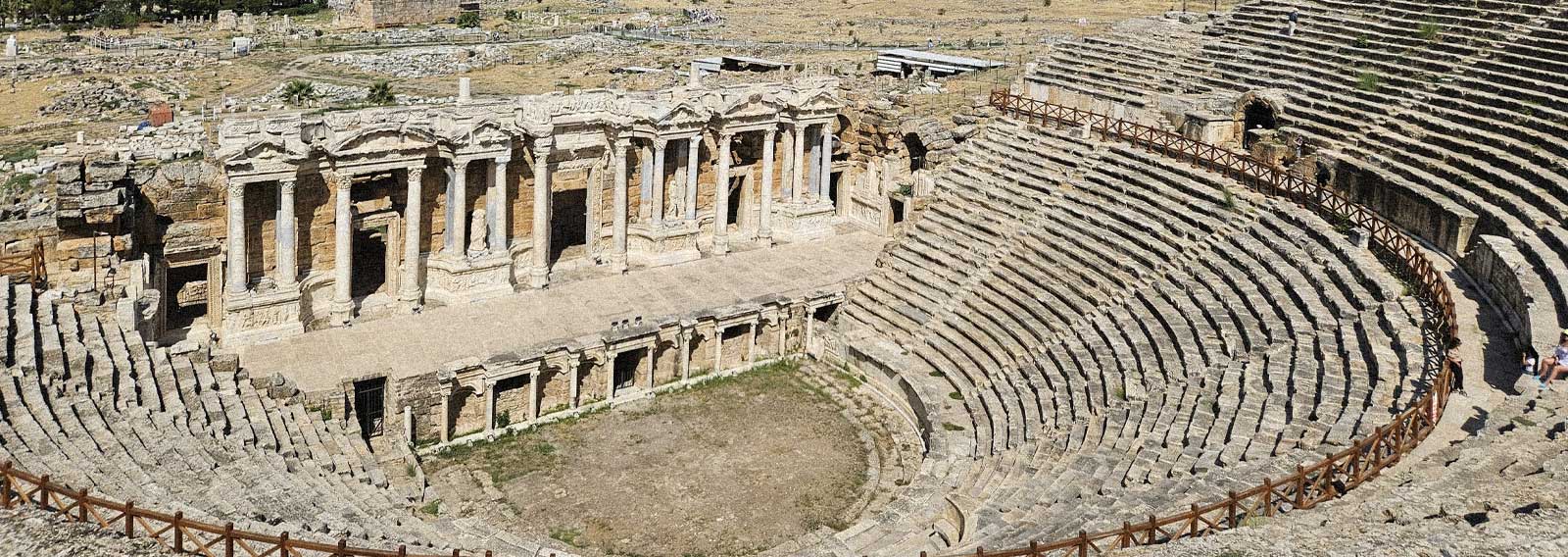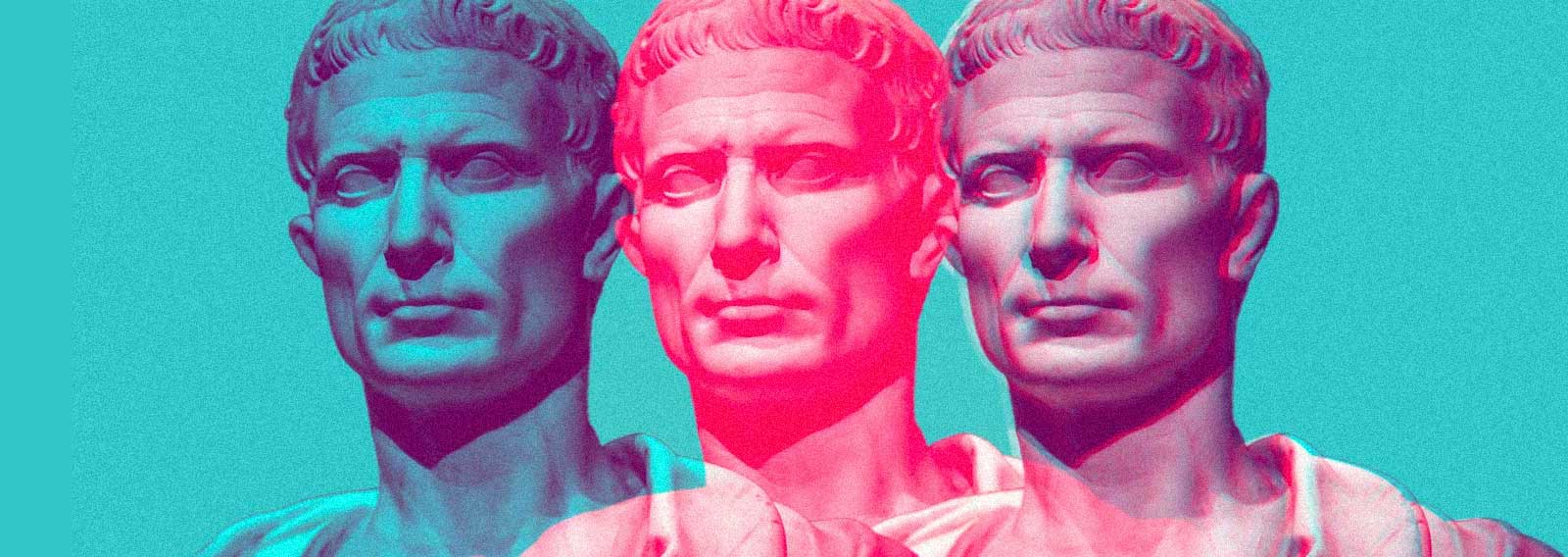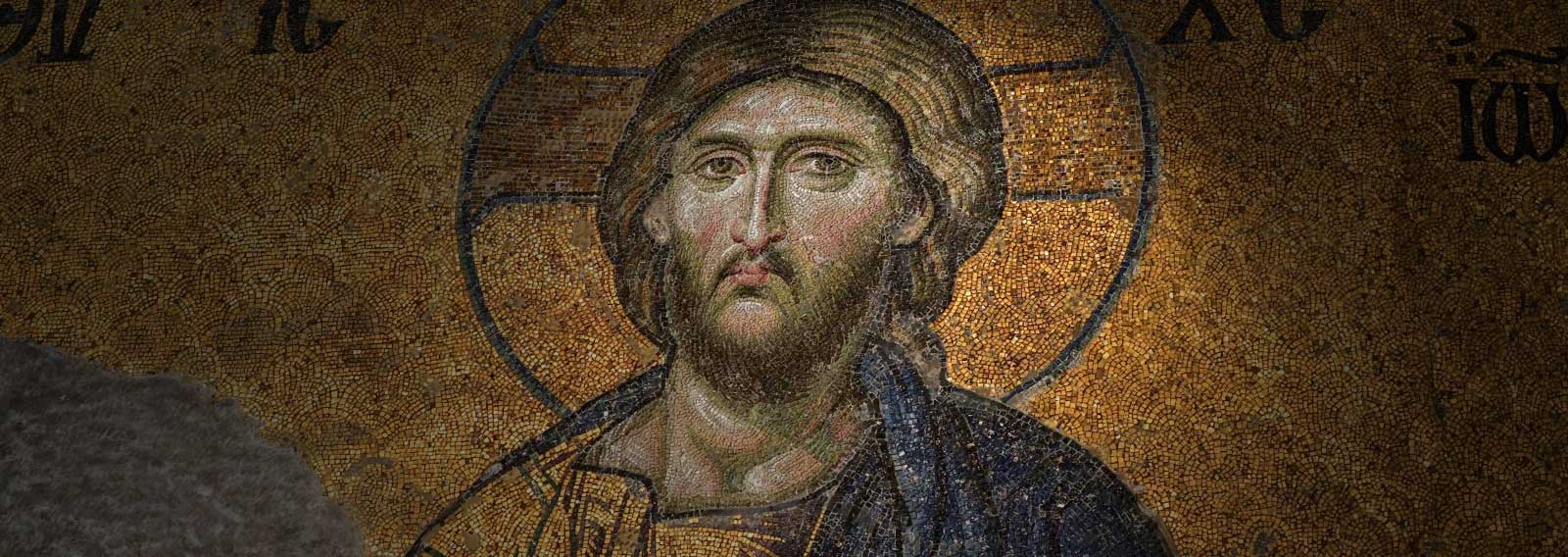Big topics these – ones that my site has covered countless times. For example, I have over 1,000 articles on politics, and nearly 4,000 on Christianity. Many of them look at the biblical view of government, warn of the dangers of statism, and discuss the matter of resistance theory.
That last topic is a somewhat new one for this site. Three years ago I had no sub-category by this name. But now there is one, with 94 articles included so far. So what changed? Well, Covid, lockdown mania, and the rise of health fascism, among other things. To see how most of the Western world used a crisis to strip away basic human rights and liberties and enact draconian statist edicts was a wake-up call for me and so many others.
So the big ticket items of God and government and how they should be properly understood have taken a lot of my time and thought in recent years. Here I want to simply provide two helpful summary statements on these matters. Both come from American evangelical Christians, and both have been around for a while.
James Montgomery Boice
Boice (1938-2000), was a famous teaching preacher at the Tenth Presbyterian Church in Philadelphia. Many of his series of expository sermons were later published in book form, including three volumes on Genesis. In vol. 1 he discusses Genesis 9:1-7 which tells us about how God ordained civil government. Here is part of what he said about this:
There are two errors that people tend to make in regard to human government. One is disregard for the state. It is a refusal to recognize its authority, expressed in a scorn of public leaders and a flaunting of perfectly valid laws. This is what Paul is primarily dealing with in Romans. The other error is to regard the state more highly than we ought, believing that the government will solve our problems. This is the characteristic error of American democracy, particularly at the present time.
He then discusses four propositions that we must keep in mind to have a sound view of the state. Here is an abridged form of them:
1. The essential element of government is force. This is not something that we like to think about carefully, because “force” is not supposed to be good in our culture. . . . We like to think of [government] as giving moral guidance, appealing to the best in its people, and providing an environment for growth and self-fulfillment. It is true that government does do some of these things. Nevertheless, we must not be blind to the fact that its essential operating element is force….
2. Government cannot develop morality. . . . It is not that government is unconcerned with morality. Indeed, morality is the only valid basis for law. If the government passes a law against stealing and enforces it with the sword, the only valid basis for that act is that stealing is wrong. If it is not wrong, then the act of government is tyranny – an unjust and intolerable restriction of our freedom. If it is wrong, then the government is acting properly. It is the same with all laws. The only valid basis for law is a previously existing morality….
To recognise the connection between law and morality is not to say that the government can develop morality in its citizens, however, it cannot. It can prescribe penalties. It can enforce them. But it cannot develop the morality those penalties and their enforcement express….
3. A healthy government needs a healthy citizenry. If government cannot produce morality, it must be provided with morality from a religious source. If it does not have this element among its people, then government itself becomes corrupt and tyrannous.
This, too, has a conclusion in regard to Christian people. In a declining cultural and moral environment, such as our own, the greatest need is not for more laws or even for a greater spiritual sensitivity on the part of unbelievers, but rather for confession of sin and a deep moving of the Spirit of God among God’s people. . . . Government can only deal in force, and what is needed is a forceful new apprehension of what is right and wrong.
Jacques Ellul uses this insight to demythologize the state in his book, The Political Illusion. He shows that current Western faith in the state to solve our most basic problems is the height of folly. He calls on the individual to resist its ever-expanding encroachment on our lives. In times of moral decline, the state will inevitably expand or else be overthrown, because the need for order demands it….
4. Since the state has been established by God it is responsible to God. This is true whether or not the state exists in an age of spiritual depth and morality. To go back to our text, we note that it is God who established the state in his covenant with Noah – not Noah, not the church. We notice in Romans 13 that it is God who has ordained the existing powers (v. 1). This means, on the one hand, that the state has certain divinely ordained authority over us. But it also means, on the other hand, that the state for its part is under God’s authority and cannot justly or safely disregard his law or its divinely given function….
Douglas Wilson
Back in March of 2010 pastor and writer Doug Wilson (1953-), gave a sermon on “21 Principles for the Christian Citizen”. You can listen to it here.
A slightly revised print version of the principles was released in 2016, which I share in full here:
Because the teaching of the apostle Paul on civil authority is widely misunderstood and misrepresented, we need to review some basic principles. As we do, we need to remember something that Abraham Kuyper once said: “In any successful attack on freedom the state can only be an accomplice. The chief culprit is the citizen who forgets his duty, wastes away his strength in the sleep of sin and sensual pleasure, and so loses the power of his own initiative.”
So here are 21 principles concerning civil government that the Christian must understand.
“Let every soul be subject unto the higher powers. For there is no power but of God: the powers that be are ordained of God” (Rom. 13:1).
1. Civil government and rule is a blessing from God, and not a necessary evil. “The God of Israel said, the Rock of Israel spake to me, He that ruleth over men must be just, ruling in the fear of God. And he shall be as the light of the morning, when the sun riseth, even a morning without clouds; as the tender grass springing out of the earth by clear shining after rain” (2 Sam. 23:3-4). We are not anarchists.
2. God establishes a righteous throne with majesty. “It is an abomination to kings to commit wickedness: for the throne is established by righteousness” (Prov. 16:12). “And the LORD magnified Solomon exceedingly in the sight of all Israel, and bestowed upon him such royal majesty as had not been on any king before him in Israel” (1 Chron. 25:29; Dan. 4:36).
3. The law of God is the soul of a good ruler. “Moreover thou shalt provide out of all the people able men, such as fear God, men of truth, hating covetousness; and place such over them, to be rulers of thousands, and rulers of hundreds, rulers of fifties, and rulers of tens” (Ex. 18:21). Rulers who don’t fear God will try to be God.
4. God requires true humility of His rulers. “That his heart be not lifted up above his brethren, and that he turn not aside from the commandment, to the right hand, or to the left: to the end that he may prolong his days in his kingdom, he, and his children, in the midst of Israel” (Dt. 17:20).
5. Our basic demeanor toward civil rulers should be one of honor. “Honour all men. Love the brotherhood. Fear God. Honour the king” (1 Pet. 2:17). What the kings of the earth bring into the New Jerusalem is not a sham or a pretense (Rev. 21:24).
6. Tyrants love moral corruption, and hate virtuous men. As Chesterton once put it, free love is the first and most obvious bribe to offer a slave. Tyrants therefore love public entertainments and private vices because they love an enervated people. “But I have a few things against thee, because thou hast there them that hold the doctrine of Balaam, who taught Balac to cast a stumblingblock before the children of Israel, to eat things sacrificed unto idols, and to commit fornication” (Rev. 2:14). Porn is therefore politics, and reveals your true political allegiances.
7. Absolute perfection in our rulers is not the point. “Cast me not away from thy presence; and take not thy holy spirit from me” (Ps. 51:11). David had forfeited his throne, as Saul had done, and he knew it. When Saul’s dynasty fell, it was because the Spirit had departed from him. But God in His mercy allowed David to remain as the king, despite this gross imperfection. And it is said of a number of kings that they were good, like Asa, but that they did not remove the high places (1 Kings 15:14). In Scripture, a king can get a B minus and still be a good and godly king.
8. Tyranny is a judgment from God for the sins of the people. “And he said, This will be the manner of the king that shall reign over you: He will take . . .” (1 Sam. 8:11). But remember that the God who sends tyrants to chastise us may also send a deliverer to save us.
9. Every manner of civil government is under the authority of God. God rules in His own name, and princes rule by derivation. Civil rulers are the lieutenants of God. In Romans 13, the word for deacons is used of them several times (Rom. 13:4). The ruler is therefore an appointed, delegated, and deputized servant.
10. Civil disobedience is required when matters of worship and the gospel are concerned. “But if not, be it known unto thee, O king, that we will not serve thy gods, nor worship the golden image which thou hast set up” (Dan. 3:18). “Then Peter and the other apostles answered and said, We ought to obey God rather than men” (Acts 5:29).
11. Civil disobedience is lawful in other areas as well. David honored Saul (1 Sam. 24:5), but did not turn himself in (1 Sam. 24:22). Neither did Peter turn himself in (Acts 12:11), or Paul for that matter (2 Cor. 11:32-33). Examples could be multiplied.
12. Civil government is covenantal, and has a double covenantal nature. It involves God, the magistrate, and the people (2 Chron. 23:16).
13. No human authority, civil magistrates included, can be absolute. God alone has absolute authority; man’s authority is always limited and bounded. This is what Nebuchadnezzar confessed—after his sanity returned (Dan. 4:35).
14. Not everything that is legal is lawful (Rev. 13:17).
15. Faithful believers will often be accused of lawlessness and treason. Ahab was the troubler of Israel, and so that is what he accused Elijah of being (1 Kings 18:17). But the cause of the trouble is the problem; the solution is not the problem (2 Chron. 23:13).
16. The Bible teaches the principle of the “consent of the governed.” Rehoboam was elected to be king (1 Kings 12:1), and he was no anomaly.
17. The lot of the people and the character of their rulers is linked together. “When the righteous are in authority, the people rejoice: but when the wicked beareth rule, the people mourn” (Prov. 29:2).
18. Resistance of tyranny is not the same thing as resistance of the established civil order. Jehoida defended the throne by removing someone from it (2 Chron. 23:11).
19. Lesser magistrates obeyed Jehoida, and they were right to do so (2 Chron. 23:1-3).
20. We must care what company our rulers keep. Panders, whores, flatterers and “other mushrooms of the court” are to be despised. “Take away the wicked from before the king, and his throne shall be established in righteousness” (Prov. 25:5).
21. And last, Christian history matters. Included in our definition of “the powers that be” (Rom. 13:1) must be things like: the Constitution, the will of the people, the lesser magistrates, and the balance of powers.
These are simply two of many helpful summaries of what the Bible has to say about government, the state, the Christian, and how far believers should go in either obedience or disobedience to the state. Getting our heads around these two presentations will help us greatly to think properly and biblically about such matters.






















